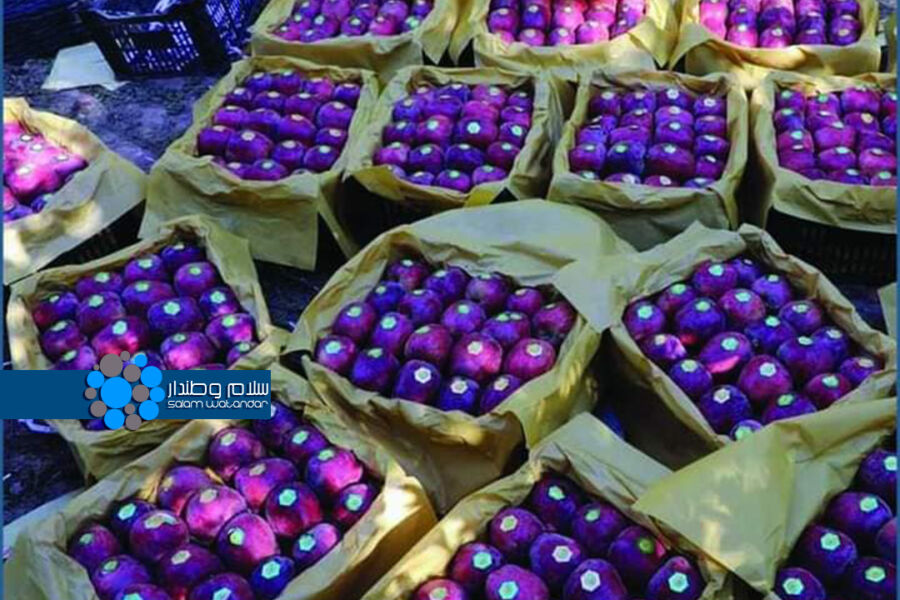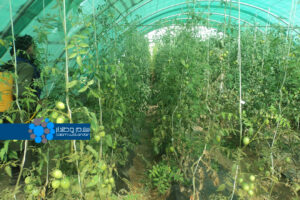MAIDAN CITY (SW) – At the peak of apple harvesting season, farmers in Maidan Wardak province are complaining about the lack of cold storage facilities to make the most of their hard work.
Reedi Gul, an apple farmer in the province, says that although he has had a good harvest from his apple orchards this year, a portion of the crop has spoiled due to the absence of cold storage. He adds: “Apple production has significantly increased, but the lack of markets and cold storage has affected our harvests. To preserve apples, standardized cold storage facilities need to be established.”
The shortage or complete absence of standardized cold storage facilities is a major challenge for Afghanistan’s agricultural sector. This issue leads to fruits and other agricultural products spoiling or being sold at very low prices in local and foreign markets.
Nematullah, another farmer, said the lack of cold storage for apples has made it impossible to sell the fruit at a good price. “Apples are collected from the trees and packed into cartons in a standard way, but the air inside the carton is sealed. When we transport the products to the market a month later, the price has dropped.”

These farmers are calling on the Directorate of Agriculture, Irrigation, and Livestock of Maidan Wardak to build standardized cold storage facilities to preserve their crops.
Eid Mohammad Zaheri, the head of agricultural affairs at the directorate, says that three standardized cold storage facilities have been built in the province with the capacity to store 2,500 metric tons of apples.
“Apple production has increased, and the reason for this is the advice provided by the Directorate of Agriculture to the farmers. Fortunately, Maidan Wardak is a province where, alongside other fruits, its apples have a special reputation,” he mentioned.
According to Zaheri, apple production has increased by 30% this year, and it is expected that 150,000 metric tons of apples will be harvested from the orchards in the province.
Earlier, farmers in other provinces such as Logar, Sar-e-Pol, Paktia, Ghazni, and Helmand had also called for cold storage to preserve their crops.
Wahidullah, an agricultural expert based in Maidan Wardak, said that if cold storage facilities and markets are created for agricultural products, Afghanistan’s agricultural sector will grow.
“Farmers in Maidan Wardak store apples in cold storage facilities that are not up to standard, and most of their crops end up spoiled. The weather in the province is cold, but there is no electricity in the cold storage, and no professionals are working there,” he added.
The agricultural sector is one of Afghanistan’s most important economic resources, and nearly 75% of households rely on this sector to meet both their food and non-food needs.






